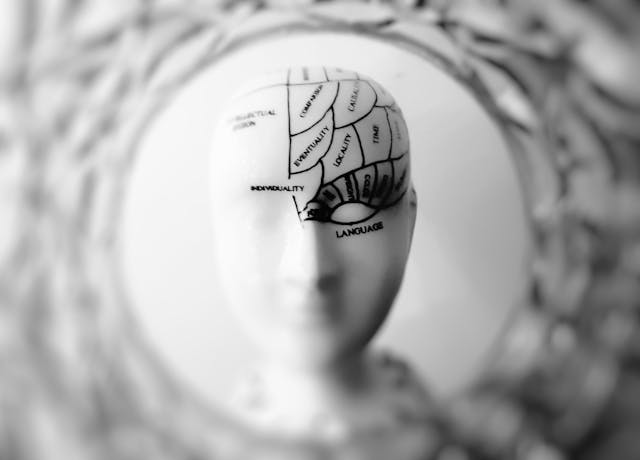Photo from Pexels
In recent years, concerns for optimal brain performance have led to an increased use of nootropics as a method of improving memory, focus, and overall brain function. These cognitive enhancers may range from natural herbs to medication and are often taken by students, businesspeople, and athletes, among others. The selling point is not that the nootropics will inherently change your brain, but that they will improve your cognitive function.
Modulation of Neurotransmitters for Enhanced Cognitive Function
Most top rated nootropics impact neurotransmitters, chemicals that transmit signals across neurons inside the brain. These chemicals are very important in several mental functions, such as memory, focus, and mood. For instance, most of the nootropics cause an elevation of acetylcholine, which is a neurotransmitter responsible for learning and memory. If the availability of acetylcholine is either increased through synthesis or decreased through degradation inhibition, nootropics can positively influence certain cognitive tasks that rely on fast information retrieval and proper signal transference between neurons. The second neurotransmitter that is affected by nootropics is dopamine, which plays a significant role in motivation, pleasure, and reward.
Increasing Blood Flow and Oxygenation to the Brain
Nootropics can also improve cognitive abilities through increasing blood supply and oxygen in the brain region. The brain needs oxygen and glucose to perform well, and even minor enhancements in blood flow enable a major enhancement in brain power. Nootropics affecting blood circulation include Ginkgo biloba and Vinpocetine, which open up the blood vessels, thus making sure the brain gets the required oxygen and nutrients. Aging can affect the blood vessels and lead to a reduced flow of blood in the brain, and the removal of metabolic waste from brain cells is made possible due to blood flow, therefore improved blood flow leads to better brain health. Increased blood flow may help delay age-related dementia and other disorders in which the neurons become impaired or even die.
Enhancing Neuroplasticity and Synaptic Growth
The brain's ability to modify or reconnect is known as neuroplasticity, which plays a significant role in learning and information storage. Nootropics improve synaptic plasticity, which creates new synapses and increases the strength of existing ones. This is important for absorbing new information and experiences, as well as enhancing problem-solving skills and long-term retention. For example, cognitive enhancers such as the Lion’s Mane Mushroom and Bacopa Monnieri have neurotrophic properties that promote the development of neuron cells and enable the brain to adapt. As shown in this case, nootropics may increase the rate of synapse formation and neuroplasticity, which will help the brain to heal from injuries and learn new things.
Reducing Oxidative Stress and Inflammation in the Brain
Hypochlorous acid –generated oxidative stress and inflammation are known to be significant players in cognitive dysfunction and neurodegenerative diseases. The brain tissue is highly vulnerable to oxidative damage because of high oxygen consumption and high-fat contents. Some of the examples of nootropics that have antioxidant properties include Rhodiola Rosea and Alpha Lipoic Acid which work by reducing the effects of free radicals on the brain cells. Inflammation in the brain can interfere with certain brain functions, such as the ability to feel happy or even become depressed or anxious. A few nootropics, for example curcumin which is extracted from the spice turmeric, have a strong anti-inflammatory effect that helps minimize neuroinflammation.
Regulating Sleep Patterns and Promoting Restorative Rest
It is commonly known that sleep is critical for cognitive performance: inadequate sleep negatively impacts memory, attention, and decision-making abilities. There are some nootropics called L-Theanine and Magnesium Threonate that can control sleep-wake cycle and facilitate restful sleep. These compounds can aid in boosting the levels of certain neurotransmitters such as GABA, which contributes to the feeling of relaxation and reduced anxiety, thereby helping the user fall asleep quickly and have better quality sleep. Thus, through improving the quality of sleep, nootropics aid the cognitive abilities that require sufficient rest to function properly, such as memory and learning. It also helps wash out toxins from the brain and alter neural connectivity, which are important for preserving cognitive function and combating deterioration.
Conclusion
Taking nootropics further includes regulation of neurotransmitters, improved circulation of blood in the brain, neuroplasticity, decrease in the level of oxidative stress, and the support of restorative sleep. Because of these various effects, people can decide whether to use nootropics and include them in cognitive health enhancement strategies for healthier brain function.





Comments